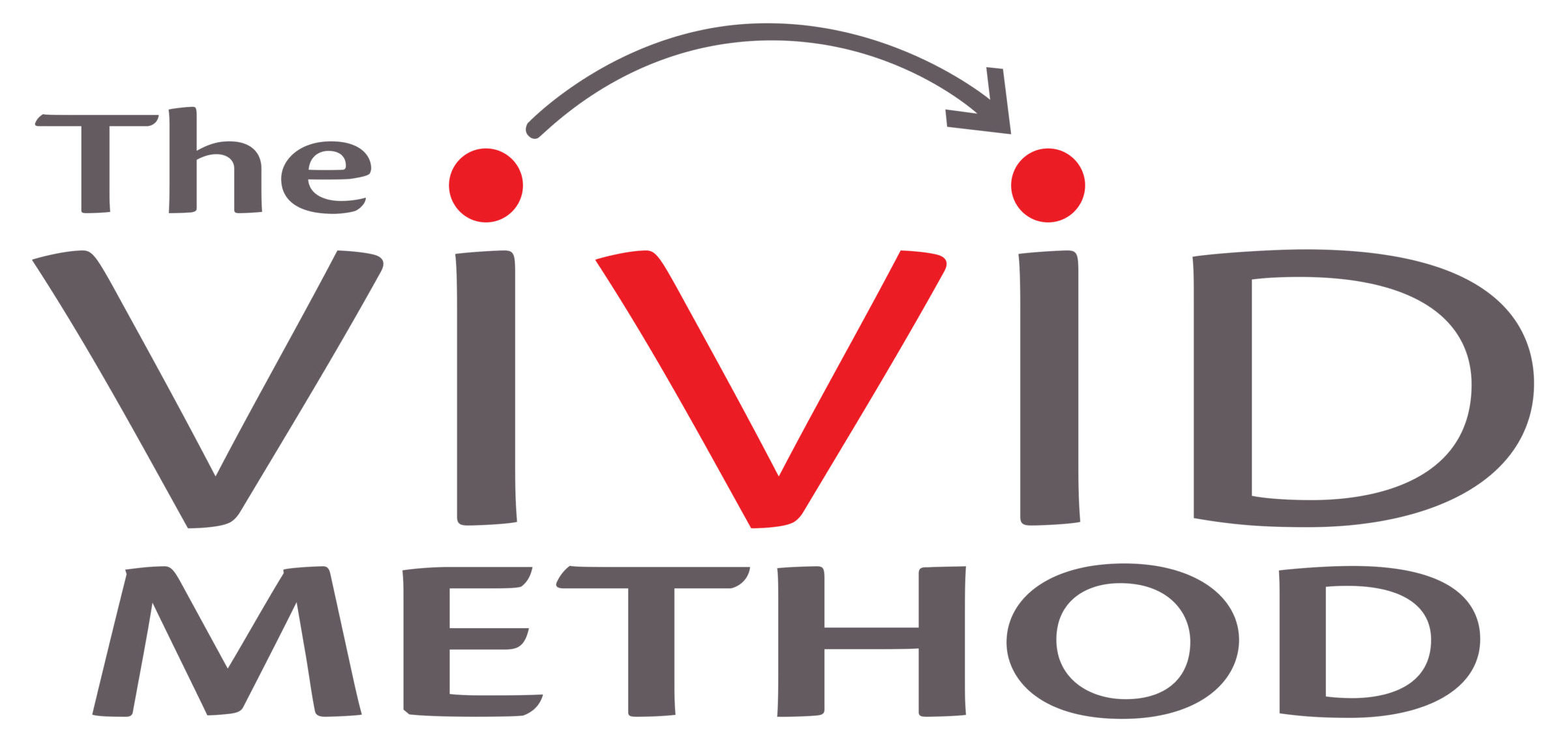Kevin Rudd ‘caught’ shuffling speaker notes in debate – how important are notes?
 Sunday night was the first Election debate with Kevin Rudd and Tony Abbott. There’s plenty of commentary on who won and why. My view is below.
Sunday night was the first Election debate with Kevin Rudd and Tony Abbott. There’s plenty of commentary on who won and why. My view is below.
However, I thought I’d use this opportunity to address a side story: Kevin Rudd’s use of speaker notes.
The first headline I saw on Monday morning was:
CAUGHT RUDD HANDED: PM accused of cheating
 Did Kevin Rudd cheat by reading his notes?
Did Kevin Rudd cheat by reading his notes?
According to the rules of this debate, no speaker notes were allowed by the candidates.
Debates are funny things. The rules can vary greatly depending on who sets them up. Professional debates are usually scored on points and are won or lost by the votes of a panel. But political debates are a different animal.
So, based on the rules, Rudd should not have had access to notes as it gave him an unfair advantage.
Today’s bigger question is…
Should you use speaker notes?
Sure. It just depends on how you use them.
There’s is a myth in some circles that ‘good speakers don’t use notes‘. Not true. There is nothing inherently wrong with speaker notes. As long as they help you show CLARITY and CERTAINTY about what you are saying.
And they are in the rules of the debate ;).

If you read a speech in a way that implies you’re unfamiliar with the content, then notes are bad:
“Hi, my name is…
(pause to turn the page)
…Cam Barber”
Ask yourself this: Do you seem to really need notes? Or do you use them as a handy reference while you show control and connect with the audience?
In this debate, the notes worked for Rudd in some areas, while in others they seemed to reduce Rudd’s clarity and certainty of voice. Particularly in the final remarks where he looked like he was reading a prepared statement at times rather than taking the opportunity to connect with viewers and reinforce his key points.
Find the right balance for you
The solution is to find a balance. Many great speeches have been driven by speaker notes. Do what makes you feel clearer.
Can you use speaker notes in a way that allow you take control and think clearly while you speak?
Or does that act of looking down at your notes stifle your thinking and make you want to constantly double-check your notes? This will disconnect you from the audience.
Some speakers have detailed notes and others have a heading or key point as a trigger. Some people are happy with no speaker notes. Decide for yourself. You can use the following as a guide to make your decision:
“Does my use of speaker notes help me show CLARITY and CERTAINTY about what I’m saying?”
Who won the debate?
No matter what you read, who won is totally subjective.
I’d say Rudd did well when he listed his points: “there are 5 things we are going to do…” and speaking in chunks ” Firstly…, secondly…” and so on. This technique made him seem clearer and more certain of what he is saying. ‘Speaking in chunks’ makes it easier for listeners to structure your information and makes your points seem more concrete.
However, if you go too far you can sound robotic and rehearsed. And Rudd seemed to fall into this trap at times.
Tony Abbott did surprisingly well, in that he seemed conversational (for him!), unflustered and spoke with certainty on important issues.
I’m sorry, but it’s too difficult for me to say somebody ‘won’. Both men lose points for waffling on important questions and making petty claims about each other’s party. And these events are more of an opportunity for journalists and pundits to take important issues (and superficial fluff) and debate them in the press. Fine. That’s the fun of politics!
—–
If you’d like media training or develop your public speaking or presentation skills, consider:
- Message Development Sessions
- Media Training
- Presentation Skills Training
- Presentation Skills public course
- Personal Coaching
